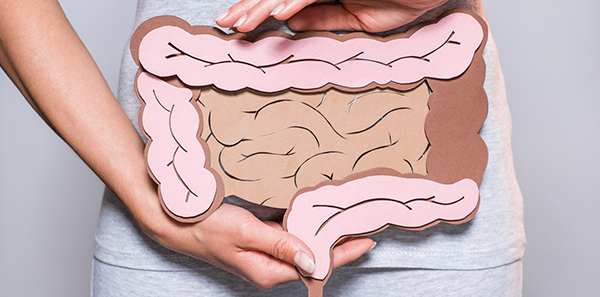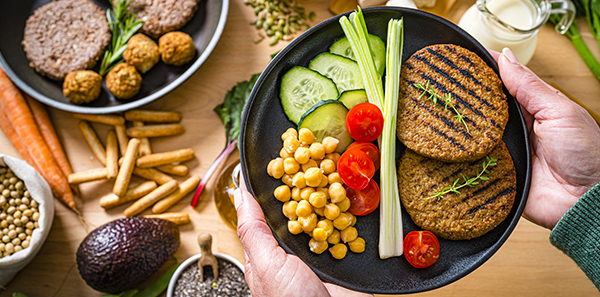
“All disease begins in the intestine.” This is what Hippocrates said 2500 years ago, but it was not until well into the 21st century that science has made discoveries in this regard, showing that bacteria are much more than vectors of disease; they play a leading role in disease pathogenesis and in restoring our health.
An unbalanced microbiota can be a cause of disease, not only at intestinal level, but also cause a predisposition to diseases such as diabetes, obesity, celiac disease, psoriasis, neurological diseases and even mental illness.
The intestinal microbiota is the population of living micro-organisms living in the digestive tract that is acquired at birth and that in adults remains fairly stable over time.
In an adult, the intestinal microbiota can weigh an average of 1.5 kilos and is made up of a number of micro-organisms that, according to authors, can be between 10 and 100 billion. There are between 500 and 1,000 species of micro-organisms, with the bacteria of the phyla Bacteroidetes (25%) and Firmicutes (60%) accounting for the majority.
It’s important to maintain balanced proportions, and for this reason the Firmicutes / Bacteroidetes (F / B) ratio has been established as a parameter to assess the balance of the intestinal microbiota and its functionality. Changes in the F / B ratio can cause obesity or inflammatory bowel disease. Specific probiotics can restore intestinal microbial balance by influencing the F / B ratio.
Until now, only 30% of the content of the intestinal microbiota was known, so we still have very little idea about what their purpose is, however, what we do know is that the microbiota performs 3 basic functions:
- Trophic: influences the maturation of the digestive tract and the immune system, by producing many useful molecules for the intestines to function properly. The microbiota is essential for the growth and regeneration of the colon epithelium.
- Defensive: bacteria defend us by strengthening the intestinal barrier. They stimulate the production of mucus and defence molecules, which keep the physical barrier permeable to beneficial substances and impervious to harmful ones.
- Metabolic: allows food to be digested correctly, helps to recover nutrients to integrate them into the body and generates new molecules like vitamin B12, essential amino acids and neurotransmitters like serotonin, the main molecule that regulates our mood, with the intestine producing 90% of this substance throughout the whole body.
Any alteration in the microbiota, both quantitatively and qualitatively, and the host’s adverse response to these changes, is known as intestinal dysbiosis. Some of the factors that cause dysbiosis and altering the body’s homeostasis are:
- The western diet, high in proteins, fats and processed sugars and low in polysaccharides from vegetables.
- Genetic factors.
- Xenobiotics (chemical substances not produced in the body, found in higher concentrations than usual and toxic to the body): pesticides, herbicides, etc., in cleaning products, food, kitchen utensils, etc.
- Heavy metals, such as aluminium, mercury, lead, etc.
- Stress and a sedentary lifestyle.
- Excessive use and misuse of antibiotic therapy, with special care during pregnancy.
- Lack of breastfeeding.
The Spanish Foundation for the Digestive System (FEAD) has prepared some recommendations that are intended to serve as a guide for obtaining good intestinal microbiota and digestive health:
- Avoid stress, tobacco, alcohol and a sedentary lifestyle.
- Follow a varied diet.
- Try to reduce the amount of processed meat you eat.
- Eat fermented foods and good quality fats.
- Cook food in a healthy way.
It has been shown that maintaining adequate sleep hygiene, avoiding self and over-medication, practising exercises to minimise the effects of stress, maintaining healthy social relationships and avoiding polluting products all helps to maintain healthy and balanced microbiota, maintaining the body’s homeostasis.
Dra. Miriam Regadera González
Palliative Care at UHD Valencia.
Integrative Medicine Specialist












